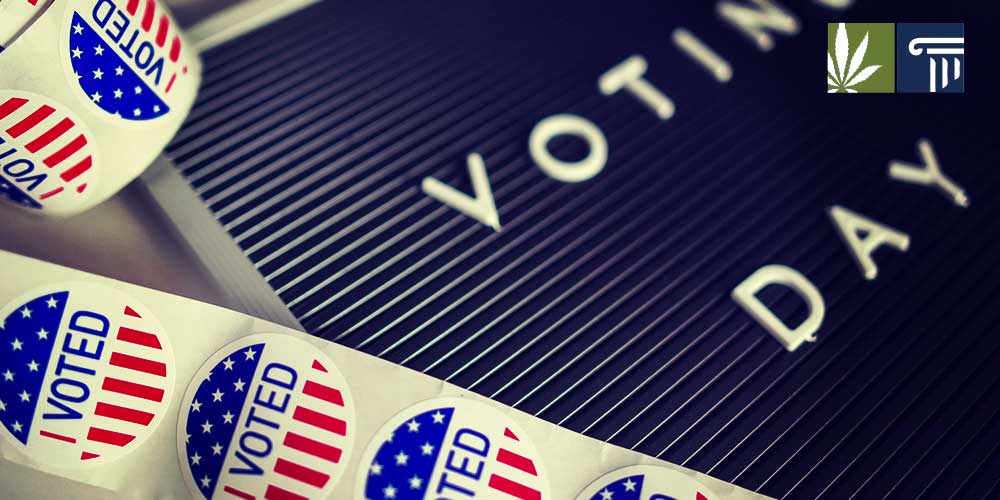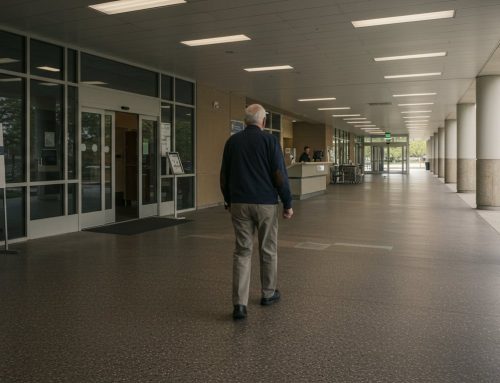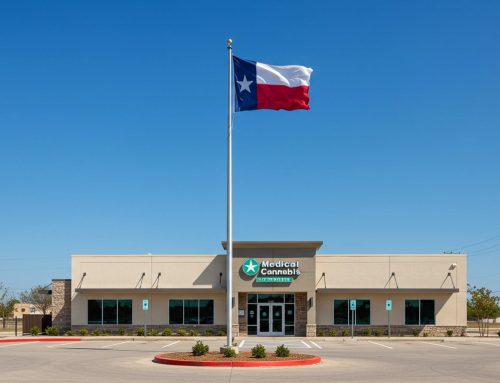Three jurisdictions in Wisconsin included marijuana legalization and medical cannabis advisory questions on the ballots put to voters for the state election held on April 2, 2019.
Though the outcome is non-binding, meaning it does not have legal force, it could increase the pressure for marijuana reform as part of a growing trend in the state towards such changes.
In November, voters in 16 Wisconsin counties and two cities – making up nearly half the state’s population – were asked their position on marijuana-related advisory questions with an overwhelming majority in favor of reforms.
The jurisdictions in question – Wood County, the Village of Egg Harbor, and the City of Sturgeon Bay – have now had their opportunity to hold their own cannabis referendums.
The language of the questions put to voters is as follows:
Wood County:
• “Should marijuana be legal for medical purposes only and available only by prescription through a medical dispensary?”
• “Should marijuana be legal for adults, 21 years of age and older, for recreational use to be taxed and regulated like alcohol?”
Village of Egg Harbor:
• “Do you support the use of marijuana for medical purposes?”
• “Do you support allowing adults 21 years of age and older to engage in the personal use of marijuana on private property?”
City of Sturgeon Bay:
• “Do you support the use of cannabis for medical purposes?
• “Do you support allowing adults 21 years of age and older to engage in the personal use of cannabis?”
As we await the outcome, the votes are likely to inform state legislative strategy as the issue of cannabis reform continues to be discussed among Wisconsin lawmakers.
Gov. Tony Evers (D) included medical marijuana legalization and cannabis decriminalization in his budget proposal, which he preferred to outright legalization on the basis that it was a more achievable policy goal.
Evers has also come out in support for low-level possession offenses to be expunged.
“I believe that there are Republicans out there that feel confident that this is something that’s important—not only around the issue of medical marijuana but also decriminalizing small amounts,” he said last month. “It connects the dots with our efforts that we’re going to be having going forward around the issue of criminal justice reform. We feel it’s a good starting place.”
Evers is likely to face some opposition from Republican Senate and Assembly leaders who are receptive to medical cannabis, but are skeptical of the governor’s broader decriminalization proposals. They favor working on narrowly tailored legislation specific to decriminalization, outside of the budget process.
Nonetheless, if voters in Wisconsin come out as strongly in favor of marijuana reform as was the case in the November mid-terms, it will be difficult for the legislature to ignore calls for them to act.






